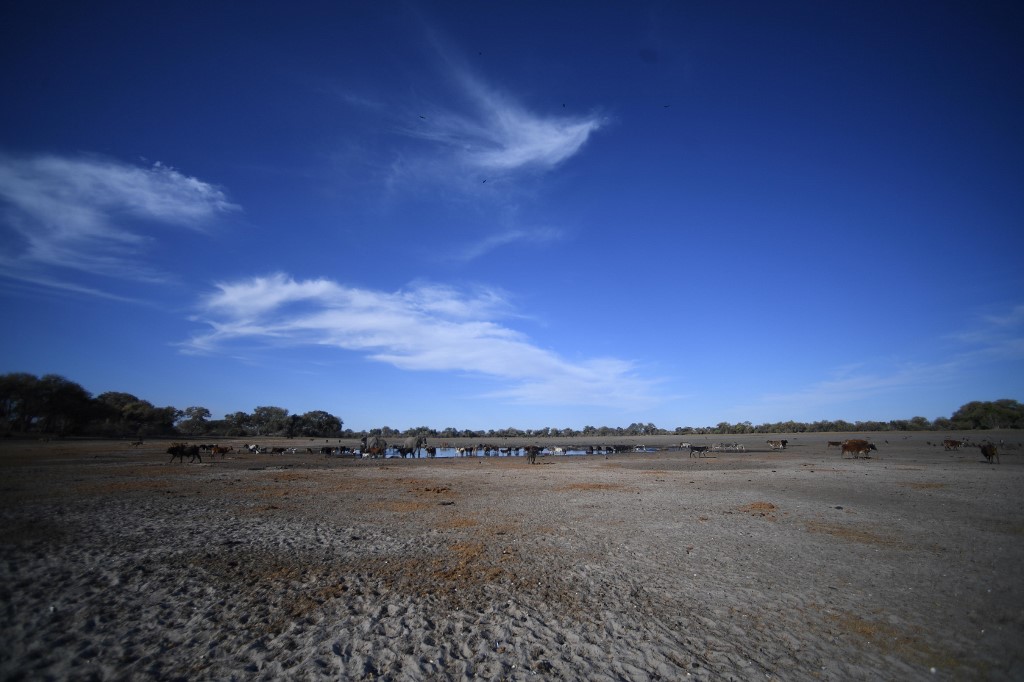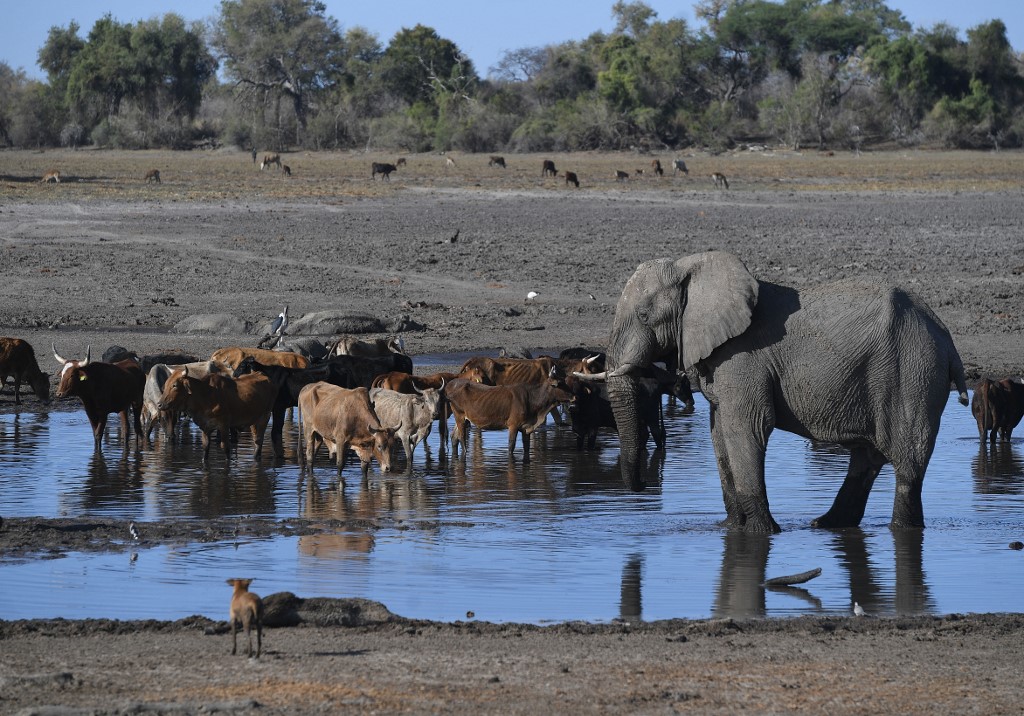

WINDHOEK, Namibia (AFP) — Namibia’s environment minister on Thursday defended a decision to allow oil and gas drilling in a biodiversity hotspot and near UN-listed cave paintings believed to be thousands of years old.
Canada-based firm ReconAfrica is set to begin drilling this month in the Kavango Zambezi Transfrontier Conservation Area (KAZA) — a unique ecological site spanning parts of Angola, Botswana, Namibia, Zambia and Zimbabwe.


The petroleum exploration company secured rights in 2014 to drill oil and gas wells in more than 35,000 square kilometres (13,500 square miles) of KAZA between northwest Botswana and northeast Namibia.
Drilling will take place along the banks of the Okavango river, which is home to several animal and plant species and empties into one of the world’s largest inland deltas.
Environment Minister Pohamba Shifeta on Thursday said the company’s activities would be limited to the designated area and closely monitored.
“If they (ReconAfrica) deviate from the plan then the drilling can be stopped,” Shifeta told AFP.
He said anyone “aggrieved” by the activities could appeal the government’s decision to allow drilling.
Agriculture Minister Calle Schlettwein, however, said the authorised exploration methods would need to be “carefully and thoroughly evaluated” to avoid impacting water supply.
Most of the food produced in the semi-arid southern African country is grown along the Okavango, which is also a major source of groundwater.


“Water is scarce in Namibia and therefore its sustainable usage is paramount,” Schlettwein told AFP.
The government had previously stated that ReconAfrica would not be allowed to use hydraulic fracturing techniques — also known as fracking — which can poison groundwater.
Both ministers spoke on the eve of a planned demonstration led by environmental activists in Namibia’s capital.
Protest organisers Fridays for Future Windhoek have voiced concern about the impact on water quality, the tourist industry and communities living in the area.
Opponents have also noted that ReconAfrica would be drilling near the Tsodilo Hills, a UNESCO World Heritage Site in Botswana with over 4,500 ancient cave paintings, some of which are believed to be 24,000 years old.
ReconAfrica plans to begin a fully-funded three-well drilling programme this month, according to the company’s website.
Its licence is valid for 25 years.
© Agence France-Presse
